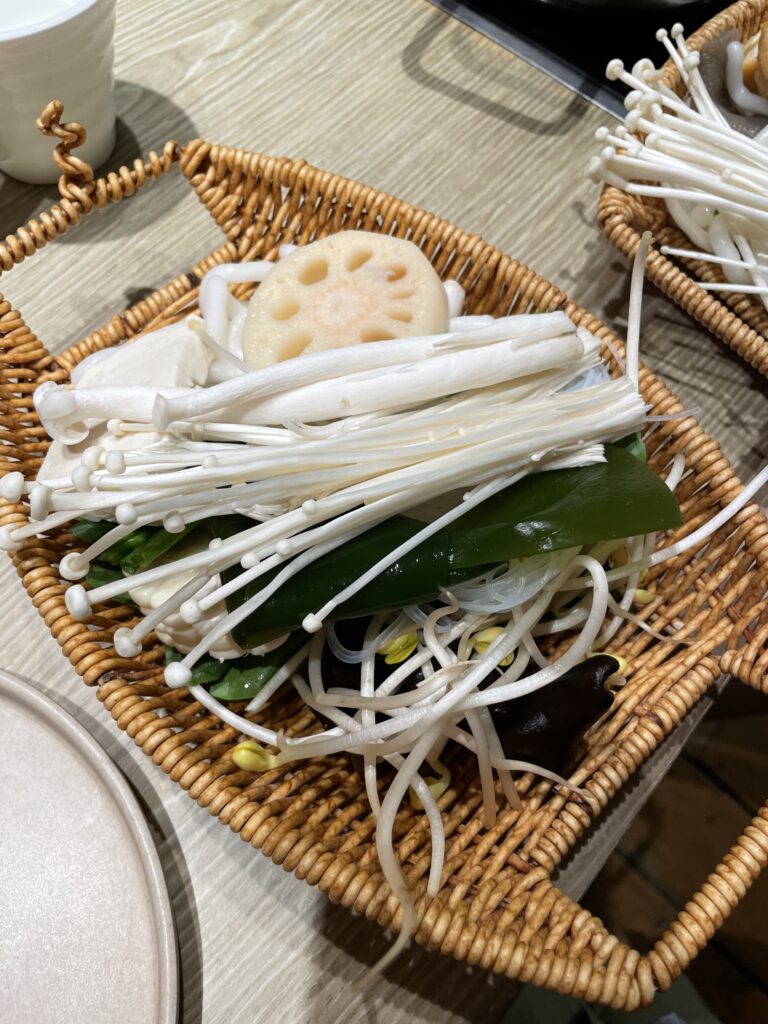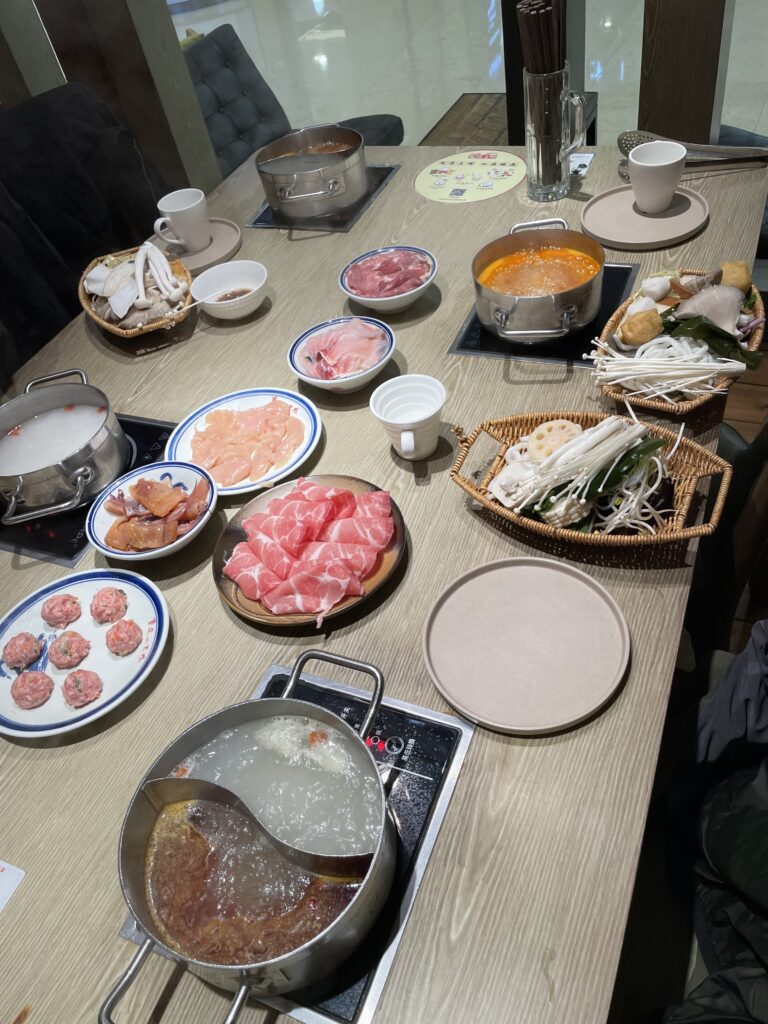Karun Krishnamurthy and Malia Weiss
We started our 2nd day in Chongqing with a lecture from an Urban Planner at an urban planning university. The beautiful place was located in a refurbished old state-owned factory. Unlike the many others like it around the city that are abandoned space, the university had curated a beautiful space of learning based on ‘being like a cow’. Because cows are awesome. Agreed. We even got the lecture at a coffee shop/workspace called ‘cow dung coffee’—a symbol of fertility and new beginnings, and apparently pretty decent coffee 🙂
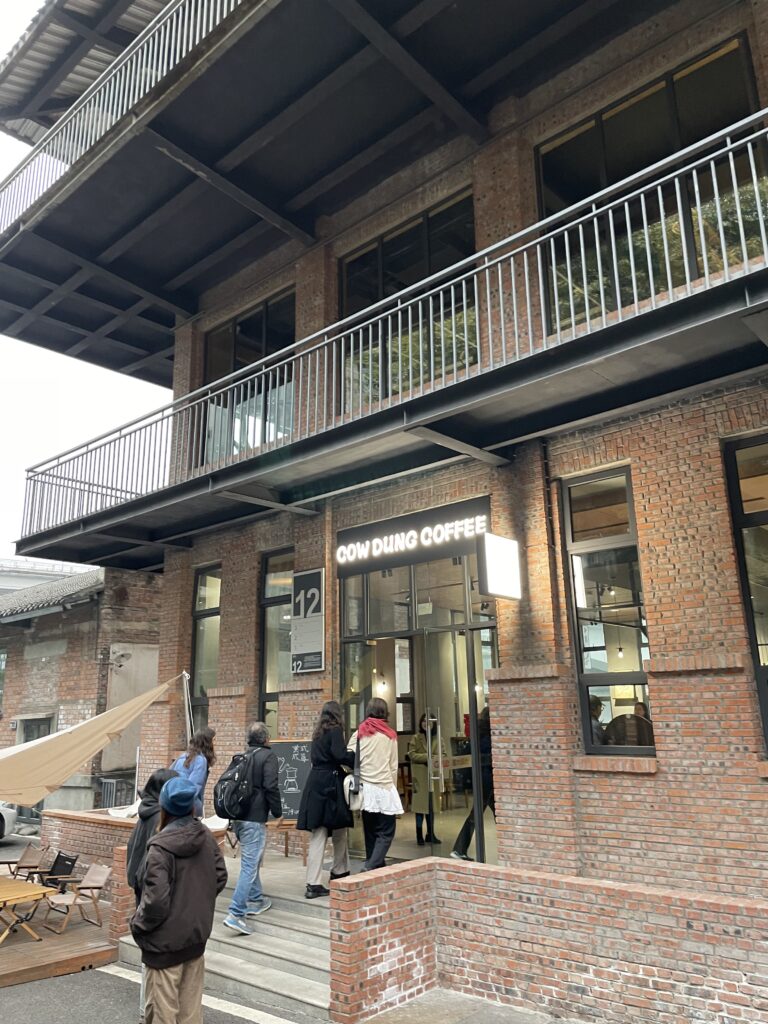
Prof Yang Zhenyu’s lecture detailed the history of Chongqing, as a dense city central to domestic transport, due to its proximity to the Yangtze River and a massive tributary Jialing, that meet at the base of the city. He mentioned Chongqing’s rapid development, something that was made a spectacle by the state, but also stressed the importance of experiencing daily life when Urban Planning. He encouraged us to look past the impressive spectacle of the city that is broadcast in our space and walk around, and see if we can experience the wholeness of the city—a tall task for our last day here, if you ask me, but nevertheless inspiring. We also spoke about the importance of the Three Gorges Dam in connecting Chongqing with the rest of China, and the phenomenon of the municipality spreading into the hinterland, and absorbing people from the villages around it. The talk raised some important things for us to reflect on—like how does one pitch the importance of making beautiful memories to a government urban planner that talks in incentives and economy and financial districts?
We pondered these questions later as we walked around the narrow winding streets of the old porcelain city. The lanes buzzed with life, and we couldn’t help being carried along by the energy of the space. Free samples galore, and wonderful happy people all around. Needless to say, we had lots of great food and gave other vendors good business, even if we did not necessarily know what we were buying 🙂
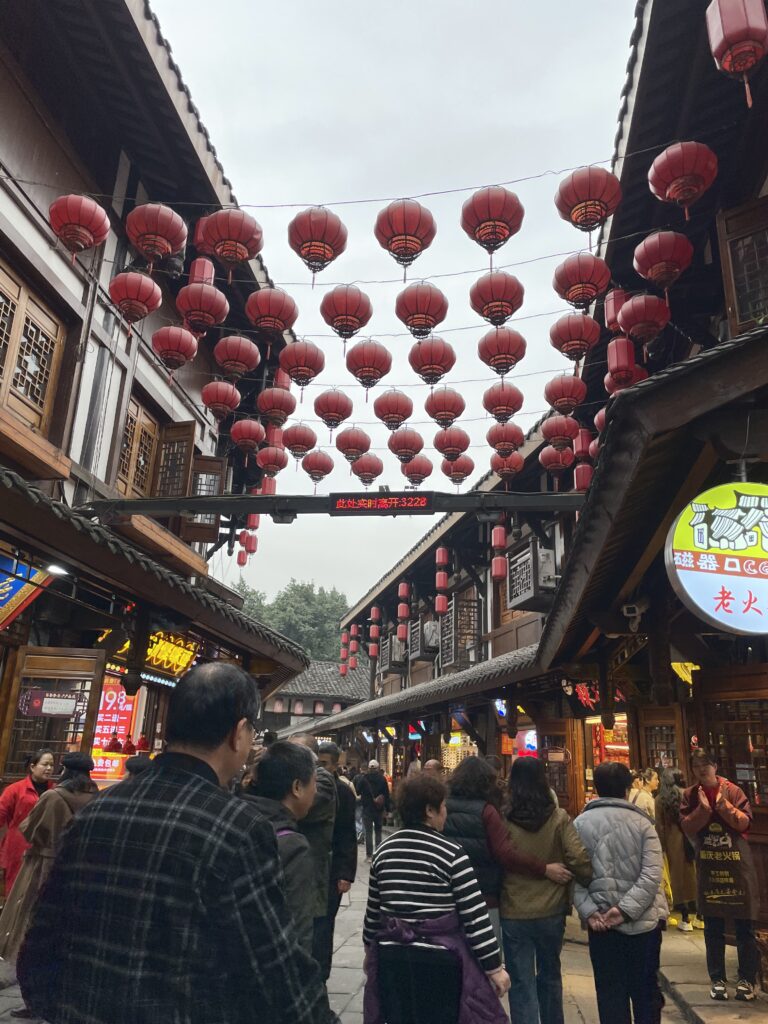
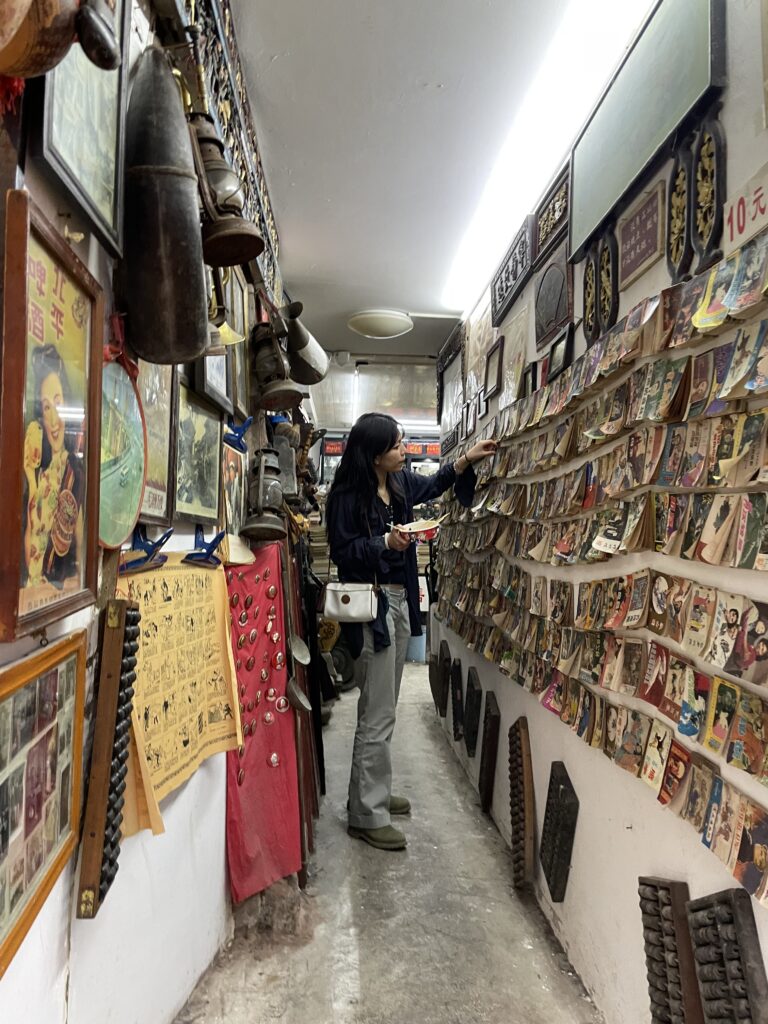
After lunch in the old porcelain city, we headed to the Chongqing China Three Gorges Museum. Sadly, the Three Gorges Dam display was closed, but we were still able to explore many other interesting exhibits. The first centered on Chongqing history, starting with the physical topography and early urban planning of the city during the Ming Dynasty. One display depicted a Chongqing middle school, high school, and university student protest against US military crimes pre-dating the Communist Revolution. Learning about larger geopolitical happenings in China through the lens of specific events in Chongqing (like the student protest) calls to mind a central method we have been using on this trip: zooming in to zoom out. Our examination of crayfish-rice farming as a case study to illuminate larger Chinese trends of co-cropping, changing land ownership, and rural displacement is one such example.
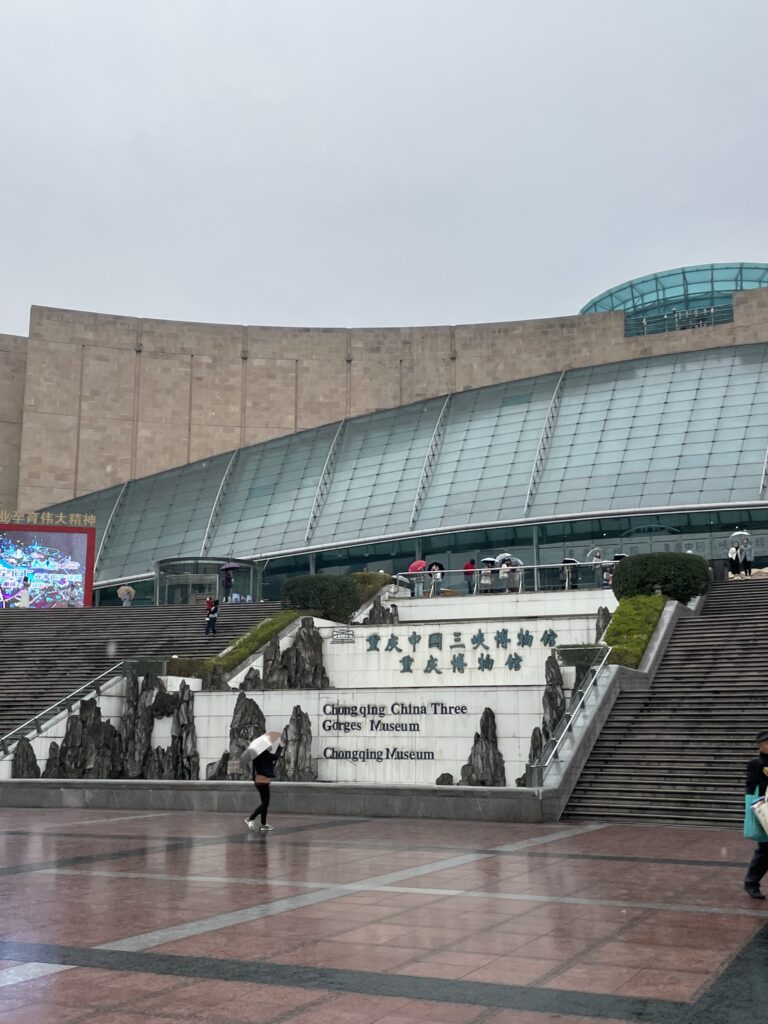
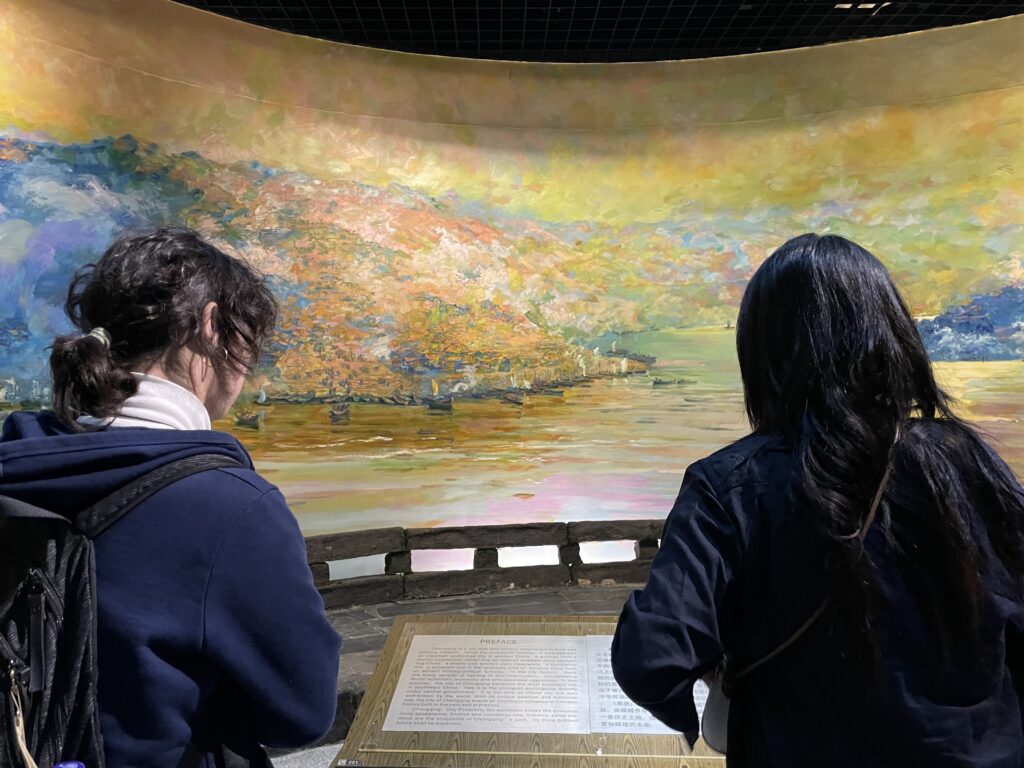
Another particularly striking exhibit centered on the clothing, traditional handicrafts, and cultural art of the ethnic groups of Southwest China. The displays were beautiful and thought-provoking, especially after our visits to the Tujia villages in Yichang and Enshi. In these villages, Tujia people were able to present their communities on their own terms in the form of food, tea, art, music, and historical narrative. Whether or not these performances were completely “authentic” or “traditional” does not negate the communities’ autonomy in their self-presentation. Were the Three Gorges Museum displays about indigenous groups reflective of any sort of similar community autonomy? Or were these presentations completely constructed by people outside these groups? Most importantly, what narrative does placing an indigenous community’s cultural clothing and art in a state-run historical museum seek to tell: that such groups only exist in an imagined past?
We continued to mull over these questions as we meandered through Jiefangbei Pedestrian Street and its neighboring alleys within the bustling business and shopping district of Chongqing, stopping to try street food along the way.
We finished the evening with a delicious hot pot dinner, each of us cooking up our own concoction of steaming meat, vegetables, and noodles. One might say our motley crew is a bit like hot pot: each of us our own unique individual, coming together in this space to soak up as much knowledge as we can, while still adding our own influences and depths of flavor to the dish as a whole. (I guess China is the broth in this scenario? I never claimed to be a poet…) Cheesy metaphors aside, it was another wonderful day for the books 🙂
